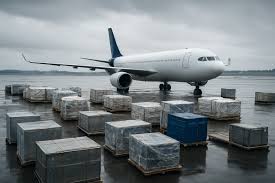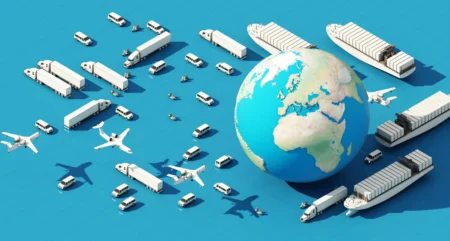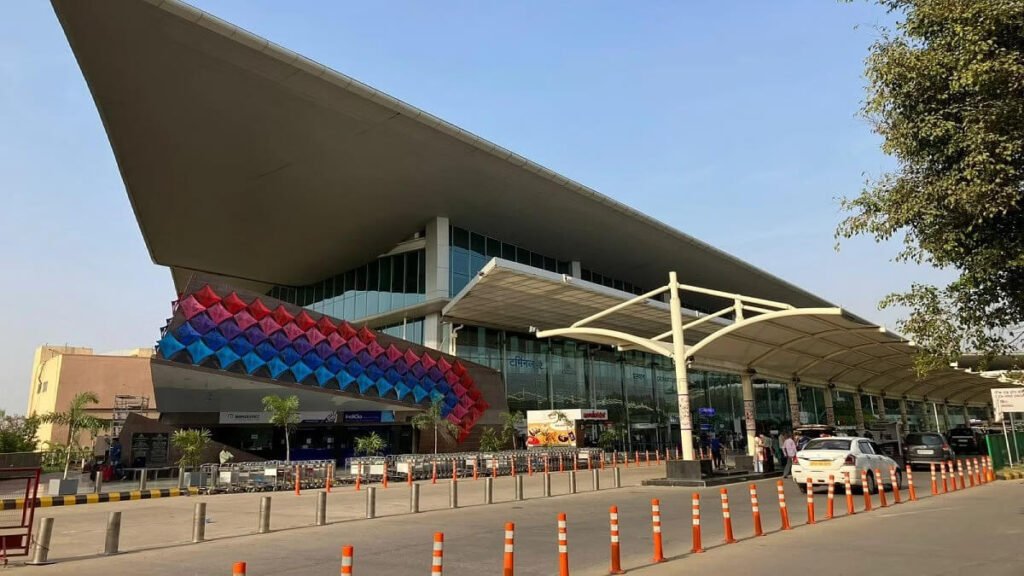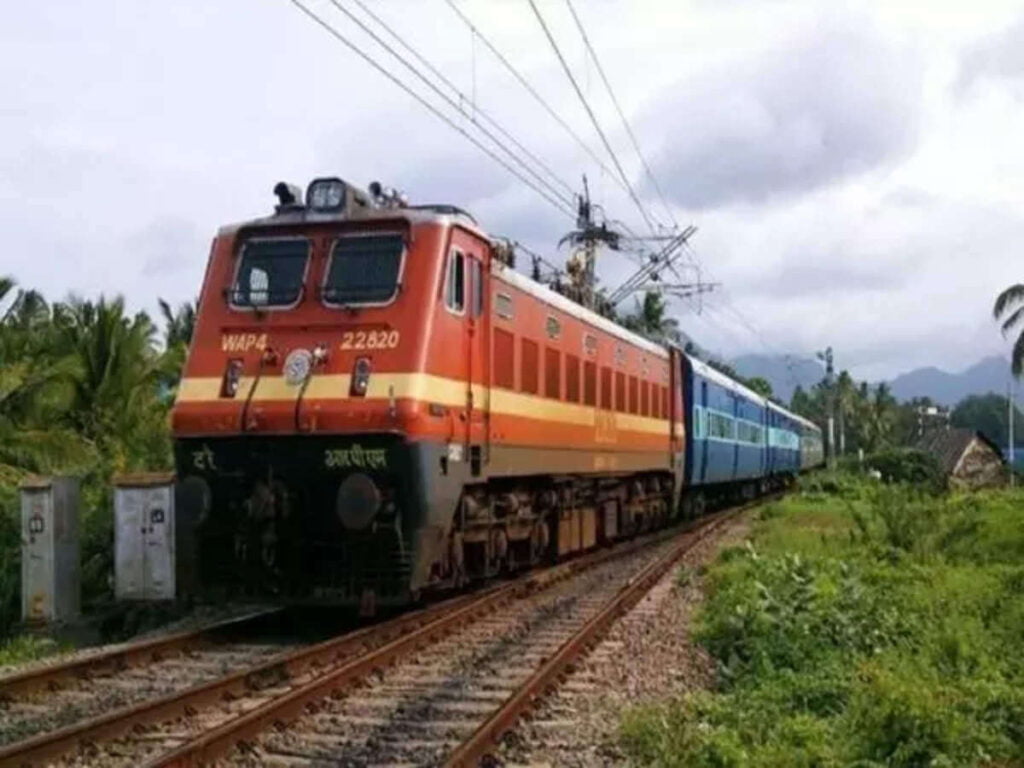Three Boeing 767-300ER modified freighters are now on long-term dry lease with Titan Aircraft Investments, a partnership between Titan Aviation Holdings and Bain Capital Credit. Speaking on behalf of Titan Aviation Holdings and Atlas Air Worldwide, Michael Steen, President and Chief Executive Officer, said, “We are pleased to welcome Ethiopian Airlines as a strategic customer and assist its increasing freighter fleet. We feel honoured that Ethiopian Airlines has chosen Titan because of our industrial and technical know-how.”
According to an announcement from Atlas Air, Ethiopian Airlines is anticipated to get the first aircraft later this month, with the second delivery scheduled for later this year and the third aircraft scheduled for 2023. With the addition of these three aircraft, Titan Aircraft Investments now has a fleet of 10 freighters, five of which have been converted to Boeing 767 freighters, according to the press release. Ethiopian Airlines Group CEO, Mesfin Tasew, says: “We are pleased with the partnership with Titan Aircraft Investments to increase our capacity with three more B767 converted aircraft, in addition to the existing nine widebody freighters and four B737 converted aircraft. This dry lease agreement will be fundamental to our fast growing cargo operation as Ethiopian is a key global player in the air cargo
business.”
With 33 aircraft under its control and a book value of more than $1.5 billion, Titan Aviation Holdings, a subsidiary of Atlas Air Worldwide and a freighter-focused leasing company, is currently the third-largest freighter lessor globally by fleet value. For Titan Aircraft Investments to acquire aircraft, Bain Capital and Titan have agreed to pay $360 million and $40 million in equity, respectively, for a portfolio worth of about $1 billion. Nine B777 freighters and four B737-800 freighters are now flown by Ethiopian. It will add five more brand new B777 freighters in the next three years besides its plans to buy five new generation
Boeing freighters, the B777-8, to be added to its fleet by the end of this decade.











